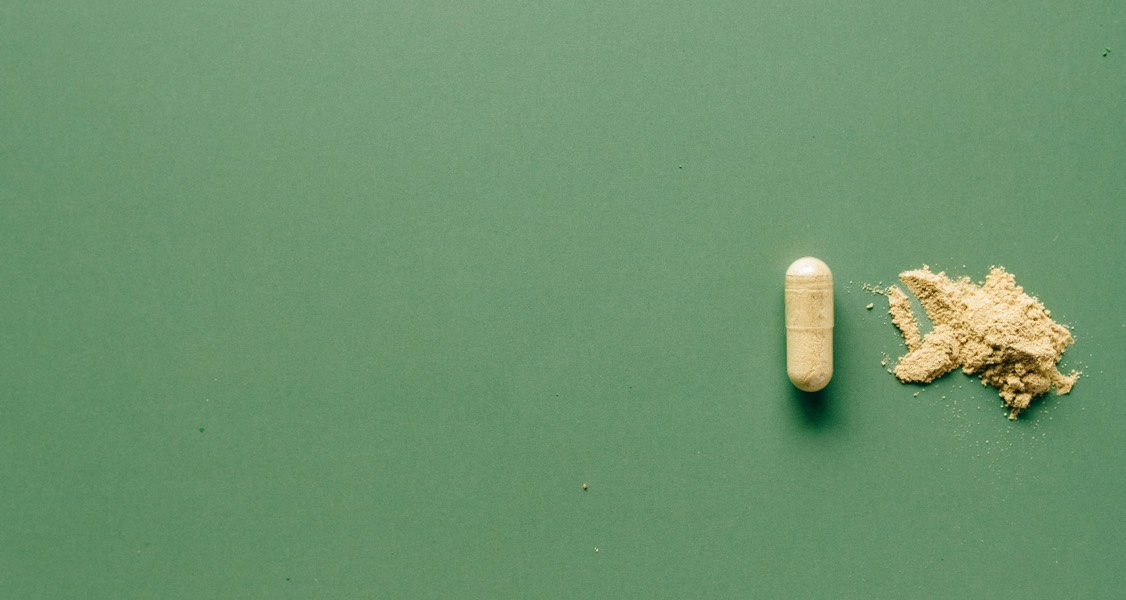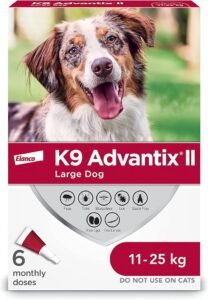As cat owners, we want to provide our cats with a healthy and happy life. Therefore, a balanced diet and regular veterinary check-ups are essential. You may have seen several cat supplements in your vet’s mouth or on social media, although they can help with specific needs or health issues. However, picking the right supplement for your furry friend can be confusing with many choices. Hsviko will introduce you to cat supplements’ basics, joint types, and efficacy.
Why are Cat Supplements Available?
Before understanding cat supplements, we should know why they are there. Cats should get all the nutrition they need from their daily food. However, factors such as age, health issues, and dietary restrictions can sometimes leave gaps in nutrition. This is when additional specific supplements for cats are needed. Hence, this brings us to cat supplements.
What are Cat Supplements?
Cat supplements are nutritional supplements designed for cats to supplement or enhance certain nutrients that may be lacking in their daily diet. Cat supplements usually come in liquids, powders, or capsules and can be added to your cat’s food.
Types of Cat Supplements
Multivitamins
Multivitamins for cats usually contain a variety of essential nutrients, including:
- Taurine: Supports heart health.
- B vitamins: Support red blood cell production and digestive health.
- Prebiotics and Probiotics: Promote intestinal health.
- Omega-3 fatty acids benefit skin, kidney health, and joint function.
- Iron: Essential for preventing anemia.
Joint Supplements
These supplements are designed to maintain joint health and reduce pain, especially for older or arthritic cats. Common ingredients include:
- Glucosamine, Which supports cartilage repair.
- Chondroitin: Protects and repairs cartilage.
- MSM: Anti-inflammatory.
- Green Lipped Mussel: Anti-inflammatory and pain relieving.
- Omega-3 fatty acids: anti-inflammatory.
Skin and Hair Supplements
These supplements usually contain Omega-3 and Omega-6 fatty acids to promote healthy skin and coat.
- Fish oil: Helps improve skin condition and overall coat health.
- Krill oil: rich in Omega fatty acids.
Digestive Health Supplements
Probiotics and prebiotics contribute to digestive health, helping to regulate gut flora and improve digestion.
Stress and Anxiety Supplements
Several calming supplements for reducing anxiety and stress in cats are becoming more common.
Examples include cats moving to new environments and pre-vaccination occasions used to relieve stress and anxiety in cats.
The Role of Nutritional Supplements in Feline Health
Nutritional supplements help keep cats healthy. They can boost the immune system and support joint health. Many nutritional supplements are available to meet specific dietary needs.
However, it is essential to remember that supplements should not replace a balanced diet. Good quality cat food appropriate for your cat’s age and health should always be a significant part of your cat’s diet.
Supplements are extras and should not replace a healthy diet.
Your veterinarian can help you decide if your cat needs supplements. They can also recommend the best type and dosage for your cat’s needs.
Essential Nutrients in Cat Supplements
Cat supplements come in many forms. Each type of supplement contains different nutrients that help address other health concerns. Some essential nutrients in these supplements include fatty acids, probiotics, vitamins, and minerals.
For example, the Omega-3 fatty acids found in fish oil help reduce inflammation. They help keep your cat’s skin and coat healthy. Probiotic supplements are also essential. They add beneficial bacteria to your cat’s intestinal tract and keep your cat’s digestive system in good working order.
Adding Supplements to Your Cat’s Diet
Once you have spoken to your vet and they agree that supplements benefit your cat, the next step is to add them to your cat’s food. It is essential to introduce these supplements slowly, as you would with anything new.
Start by giving your cat small amounts and watch for signs of digestive problems, allergic reactions, or other adverse reactions. If your cat takes it well, you can slowly increase the dosage to the recommended level.
Recognizing When Your Cat Needs Supplements
A balanced diet is the best way to give your cat essential nutrients. However, certain situations may require the extra support of supplements. For example, cats with specific health conditions such as arthritis, allergies, or digestive problems may require additional nutritional support.
If you notice changes in your cat’s energy levels, coat quality, appetite, and other habits, they may be deficient in specific nutrients.
If there are significant changes in their behavior or general health, consult your vet. Your vet will analyze the cat based on breed, age, and any existing health conditions. Professional advice will help you choose the right type of supplement, the optimal dosage, and an excellent way to add it to your cat’s diet.
A Beginner’s Guide to Nutritional Supplements for Cats
Choosing a pet nutritional supplement can be confusing. There are a lot of options out there. However, if you understand your cat’s needs and follow a few simple steps, you can pick the right nutritional supplement for your furry friend. Getting Started with What You Need Before you buy your cat’s dietary supplements, take some time to learn the essential details about them. Here are some steps to get started:
- Veterinary consultation: Schedule a visit for your cat to learn about their needs.
- Observe your cat: Learn about your cat’s diet and find dietary gaps.
- Know the Dosage: Always follow the manufacturer’s or veterinarian’s recommended dosage instructions.
- Quality control: When selecting a supplement, choose quality over low price.
How Do I Choose a Supplement for My Cat?
Step 1: Research supplement types and brands.
There are many cat supplements, so it’s essential to do some research. First, write down your cat’s specific needs. Are you looking for help with joints, digestion, or immunity? Once you figure out these needs, you can focus on the right product.
Next, look for pet supplement brands known for quality control and excellent ingredients. Check out online reviews from other pet parents to learn about their experiences with different brands. It’s also essential to read product labels:
- Look for detailed information about the ingredients and where they come from.
- Check the guarantee analysis to determine how much each ingredient is present.
- Stay away from products that contain artificial colors, flavors, or preservatives.
Step 2: Know Your Cat’s Life Stage and Health Status
Cats require different nutrition as they age. Kittens require more nutrition due to rapid growth. Adult cats also have their own needs. Older cats need special foods to help their aging joints and organs.
If your cat has any health problems, choose the right supplements. For example, cats with arthritis may need glucosamine and chondroitin, and cats with allergies may benefit from omega-3 fatty acids.
Choosing the right supplements for your cat’s age and health can help them get the best nutrition.
Step 3: Choosing the Right Supplement (Tablet, Liquid, Powder)
Consider your feline friend’s preferences and health needs when choosing the best nutritional supplement. Pills are readily available but can be challenging to administer. Liquids work well for cats with digestive issues, while powders can be mixed into food. Choosing supplements based on your cat’s specific health and dietary needs is essential. This will help your cat absorb nutrients and maintain overall health.
Step 4: Slowly Add Supplements to Your Cat’s Diet
Slowly add the right supplement to your cat’s food once you have chosen the right supplement. This gradual change helps your cat’s gut adjust to the new supplement. It also reduces the chances of digestive problems or adverse reactions.
Start by giving your cat a small amount, such as half the recommended dose, for a few days. Watch your cat closely for problems such as vomiting, diarrhea, or not wanting to eat. Also, look for signs of an allergic reaction, such as a rash or itching.
If your cat has no adverse reaction within a week, you can slowly increase the dose to the total amount. Follow the manufacturer’s or your veterinarian’s instructions for dosage.
Step 5: Monitor Your Cat’s Reaction to the Supplement
Once you start using the supplement, monitor your cat’s response. Even if you don’t see rapid changes, look for minor signs of improvement over time. You may notice that your cat has more energy, a shinier coat, better digestion, or maintains a healthy weight.
However, if you notice any side effects such as vomiting, diarrhea, fatigue, or changes in their eating or behavior, stop using the supplement immediately and contact your vet.
Remember, supplements are not a quick fix. They only work best when combined with a healthy diet and lifestyle. Regular veterinary visits are essential to check your cat’s overall health. This helps them make any necessary adjustments to their supplement program.











